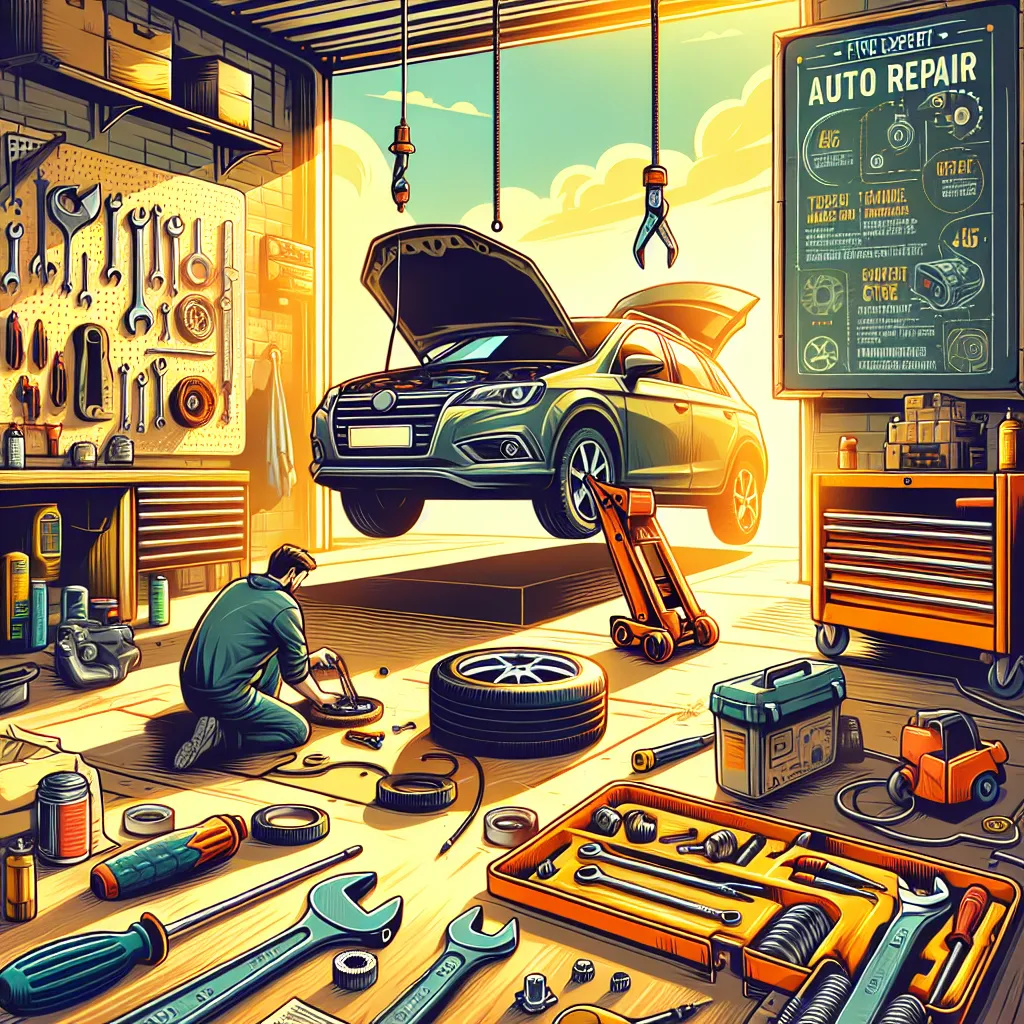Understand Your Car's Manual
Your vehicle's user manual is a treasure trove of information. It tells you what every knob and button on your dashboard does, how often you should perform maintenance tasks, and even gives you troubleshooting advice for when things go wrong. Understanding the contents of your manual can save you from unnecessary repairs and keep your car in tip-top shape.
Regularly Inspect Your Tires
Tires are your car's only contact with the road, so they need to be in good condition. Regularly check your tire pressure and adjust it according to the manufacturer's recommendations found in your car's manual. Inspect your tires for signs of wear and tear, such as cracks, bulges, or bald spots. Remember to rotate your tires every 5,000 to 8,000 miles to ensure even wear.
Keep Your Car Clean
This may seem simple, but keeping your car clean inside and out can actually help prolong its life. Regular washing removes corrosive substances like salt and bird droppings, and vacuuming your interior prevents dirt from wearing down your upholstery. A clean car also allows you to spot potential problems, such as rust or leaks, earlier.
Regularly Change Your Oil
Your engine's oil lubricates, cools, and cleans its moving parts. Over time, it gets dirty and less effective, which can lead to engine damage. Most manufacturers recommend changing your oil every 5,000 to 7,500 miles, but check your manual to be sure. Regular oil changes are one of the most effective ways to keep your car running smoothly.
Learn to Change Your Air Filter
Your car's air filter prevents dust and other airborne particles from entering your engine, where they can cause wear and damage. A clogged air filter can reduce your car's fuel efficiency and performance. Luckily, changing your air filter is a simple procedure that you can do yourself, and it can make a noticeable difference to how your car runs.
Conclusion
Car maintenance might seem daunting, but with a little knowledge and regular attention, you can keep your car running smoothly for years to come. Remember, the key to successful DIY auto repair is understanding your car, being proactive about maintenance, and not being afraid to ask for help when you need it. Happy driving!
